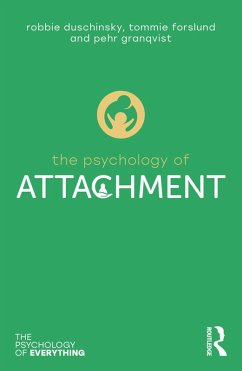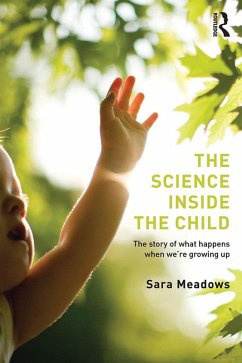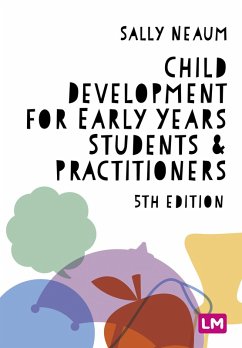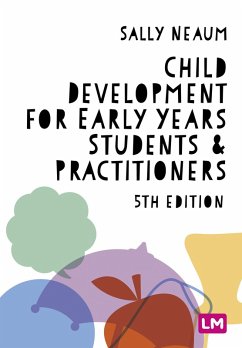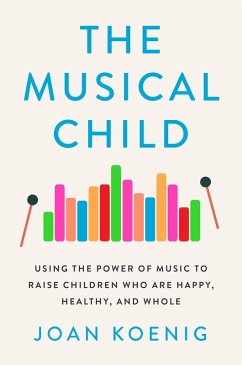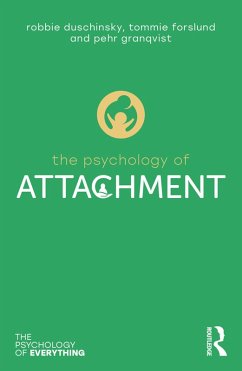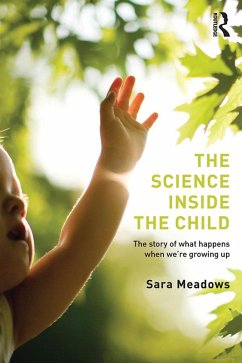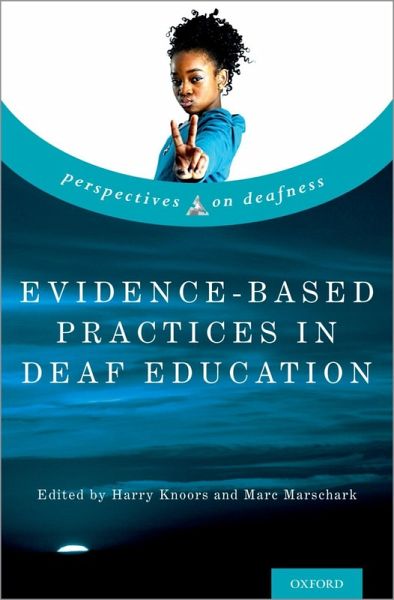
Evidence-Based Practices in Deaf Education (eBook, ePUB)
Versandkostenfrei!
Sofort per Download lieferbar
52,95 €
inkl. MwSt.
Weitere Ausgaben:

PAYBACK Punkte
26 °P sammeln!
This volume presents the latest research from internationally recognized researchers and practitioners on language, literacy and numeracy, cognition, and social and emotional development of deaf learners. In their contributions, authors sketch the backgrounds and contexts of their research, take interdisciplinary perspectives in merging their own research results with outcomes of relevant research of others, and examine the consequences and future directions for teachers and teaching. Focusing on the topic of transforming state-of-the-art research into teaching practices in deaf education, the...
This volume presents the latest research from internationally recognized researchers and practitioners on language, literacy and numeracy, cognition, and social and emotional development of deaf learners. In their contributions, authors sketch the backgrounds and contexts of their research, take interdisciplinary perspectives in merging their own research results with outcomes of relevant research of others, and examine the consequences and future directions for teachers and teaching. Focusing on the topic of transforming state-of-the-art research into teaching practices in deaf education, the volume addresses how we can improve outcomes of deaf education through professional development of teachers, the construction and implementation of evidence-based teaching practices, and consideration of "the whole child," thus emphasizing the importance of integrative, interdisciplinary approaches.
Dieser Download kann aus rechtlichen Gründen nur mit Rechnungsadresse in A, B, BG, CY, CZ, D, DK, EW, E, FIN, F, GR, HR, H, IRL, I, LT, L, LR, M, NL, PL, P, R, S, SLO, SK ausgeliefert werden.





